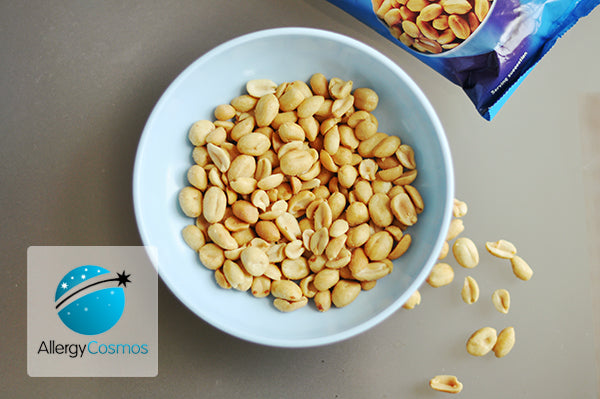The word 'eczema' means 'boiling' in Greek and it describes the blisters which erupt beneath the inflamed skin of someone with eczema. It is an inflammatory condition most often caused by an allergic response to a substance such as house dust mite, pet dander – or, less often, food. However, a link between eczema and diet has been found for the following foods:
- Eggs
- Milk
- Citrus fruits
- Marmite
- Crisps
- Peanuts
- Wheat
- Soya
- Salicylates in various herbs, fruits and vegetables
- Tyramine in aged meat, cheeses, wine
- Synthetic (artificial) sweeteners, preservatives, flavours
Reaction to diet in eczema may be immediate or delayed (important to know when you are trying to uncover a link). In immediate reactions, the symptoms develop within two hours of eating and will include itching, scratching of the skin and redness, irritation and swelling around the mouth. There may also be urticaria, which is the occurrence of itchy lumps on the skin. Other possible symptoms of a reaction to diet in eczema include abdominal pain and diarrhoea. In delayed reactions to food among people with eczema, the symptoms set in between six to 24 hours after eating the trigger food, with itching, rash and abdominal symptoms being the most common.
It is important to distinguish between true allergy and food intolerance when it comes to investigating eczema and diet. A true allergy can often be picked up by skin prick or blood tests because its exposure to the allergen produces a well-known immune response involving the presence of an immune protein called immunoglobulin E (IgE) in the blood. In food intolerance, certain foods make a person ill but not through the allergic immune response. So allergy tests will not reveal a food intolerance.
If you have a family history of eczema it could be important to breastfeed a new baby exclusively during the first four months of life during the first four months of life to prevent sensitising exposure to a potential allergen (discuss this with your midwife, doctor or health visitor). A pregnant or nursing mother of an at-risk child may also want to exclude such foods from her diet – although this should only be done on medical advice, in the interests of providing optimal nutrition for the mother and baby.
If you suspect a link between eczema and diet in the case of an adult or child, the only way to nail down the suspect food is to use a food diary to record food intake and symptoms. The elimination diet requires removal of the food or chemical which may be causing your eczema from diet to see if your condition improves. The suspect food is then re-introduced to see whether the symptoms of eczema return. This approach sounds simple and logical and, indeed, people often do experiment with eliminating wheat or dairy products on their own. However, it is really better to consult a dietitian or allergy specialist with recognised qualifications before embarking on food testing. They can advise on how to avoid dietary deficiencies and the best way to do the elimination diet in order to get relief of your symptoms. Fortunately, food labelling is now so detailed and comprehensive that it is easy to know exactly what you are putting into your mouth! There are also many 'free from' alternatives once you have identified the components of your diet that produce eczema symptoms.




